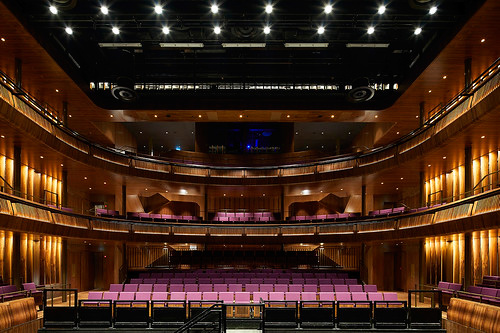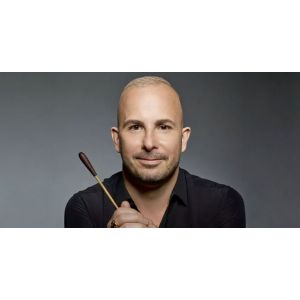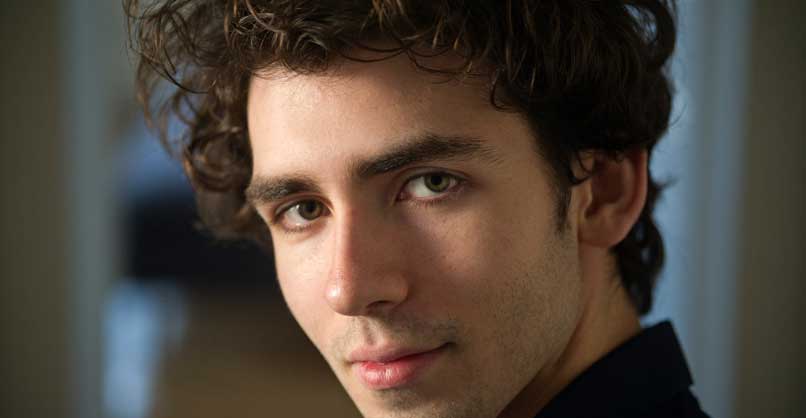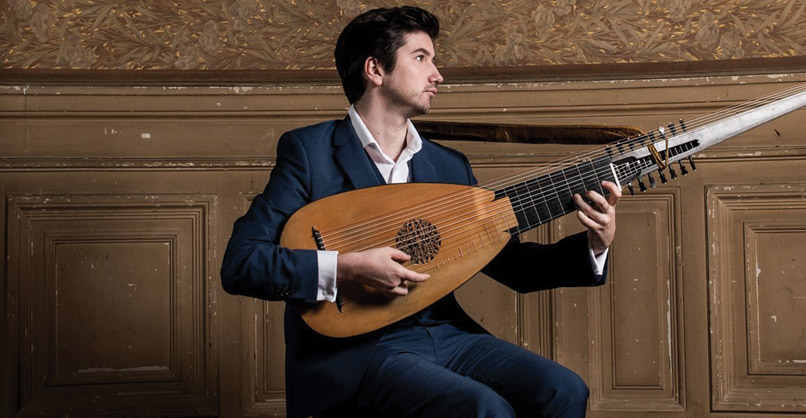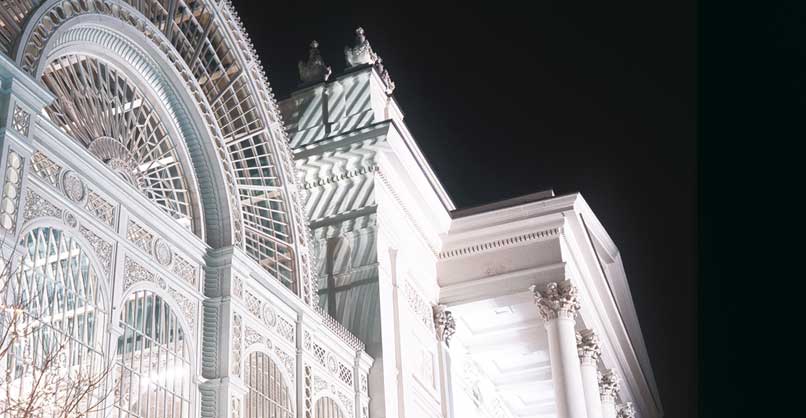
London
Covent Garden
Your tickets for the 2023-2024 Season at the Royal Opera House Covent Garden in London.
Filters
Find the programme sorted by date and book your concert, opera and ballet tickets:
Covent Garden | 16 Performances
Filter by 
opera
From
€256
Lucia di Lammermoor - Donizetti
Covent Garden,
London -
United-Kingdom
From 22/04/2024 to 14/05/2024
From 22/04/2024 to 14/05/2024
opera
opera
opera
From
€270
Carmen - Bizet
Sold out
Covent Garden,
London -
United-Kingdom
From 26/04/2024 to 05/05/2024
From 26/04/2024 to 05/05/2024
opera
From
€256
Lucia di Lammermoor - Donizetti
Covent Garden,
London -
United-Kingdom
From 30/04/2024 to 02/05/2024
From 30/04/2024 to 02/05/2024
ballet
From
€156
The Winter's Tale - Talbot
Covent Garden,
London -
United-Kingdom
From 03/05/2024 to 01/06/2024
From 03/05/2024 to 01/06/2024
Choreographe
opera
From
€256
Lucia di Lammermoor - Donizetti
Covent Garden,
London -
United-Kingdom
From 10/05/2024 to 18/05/2024
From 10/05/2024 to 18/05/2024
opera
opera
From
€310
Andrea Chénier - Giordano
Sold out
Covent Garden,
London -
United-Kingdom
From 30/05/2024 to 11/06/2024
From 30/05/2024 to 11/06/2024
Other Venues in the same City
Highlights in the World
-
International Agency Your ticket for an unforgettable evening around the world
-
Ticketing Agency Classical music and opera experts for over 20 years
-
+48.000 spectacles Operas, Concerts and ballets in prestigious Venues
-
Advice Music specialists can help you make the best choice, call us at +33 1 53 59 39 29



